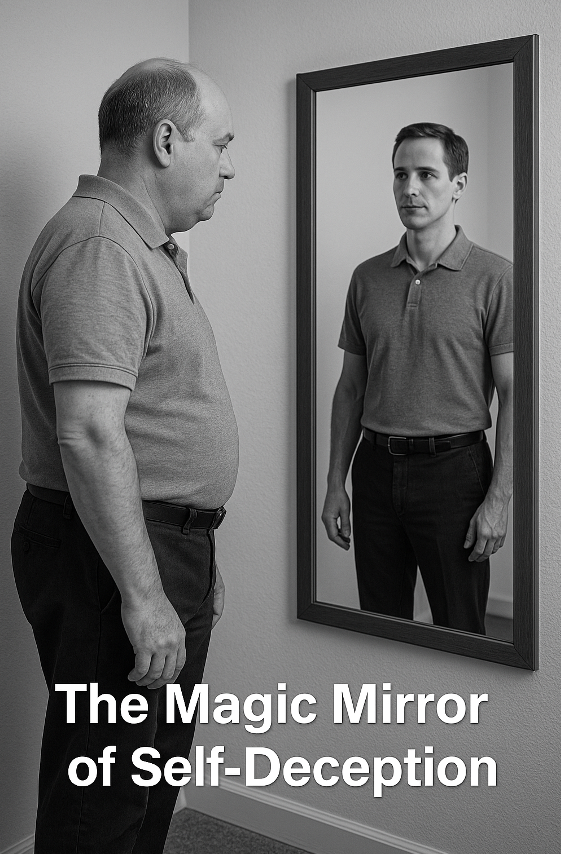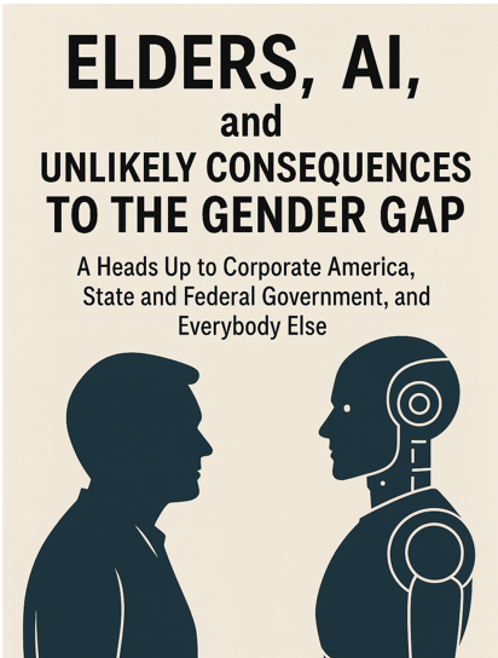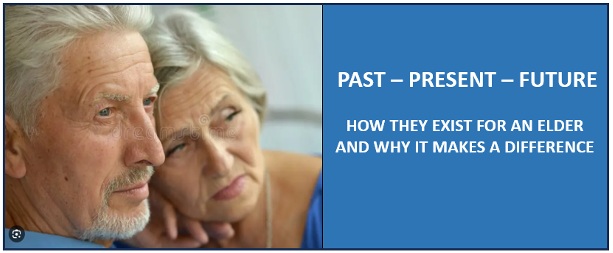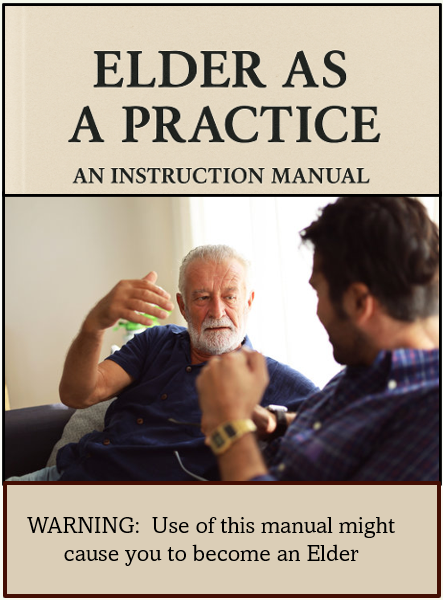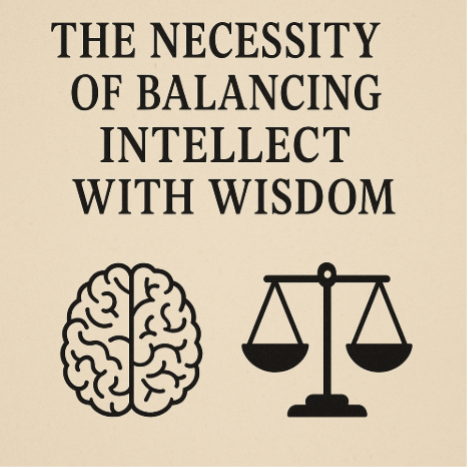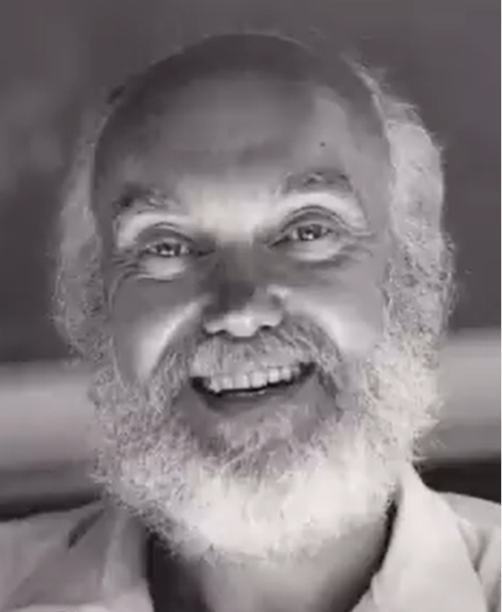THE BEHAVIORAL QUESTION-BASED INTERVIEW
THE POWER OF BEHAVIORAL QUESTIONS
"How do I conduct a successful interview with a new candidate?" is a question I hear frequently. And my response is always, "by listening." People are somewhat bewildered by this answer, but it is the best thing any interviewer can do.
When I conduct an interview, I am listening for things that do not reveal themselves in the resume, references, or personality profiles. I am listening to uncover who this person reallyis. Are they someone that can be trusted? Does he or she tell the truth? Are they authentic?Do they have the competencies needed? Can they be accountable? Do their values match our core values? Are they a cultural fit?
To gain this knowledge and insight, I ask behavioral questions and then listening closely to a candidate's responses. By intently listening, I learn more about the candidate than I would from any resume or reference. This is because behavioral questions elicit a response that can tell nearly everything I need to know about the candidate.
THE POWER OF LISTENING
Part of my training has been in Neuro-linguistic programming (NLP), which is a pseudoscientific approach to communication, personal development, and psychotherapy and was created by Richard Bandler and John Grinder in the 1970s. NLP's creators report there is a connection between neurological processes (neuro-), language (linguistic), and behavioral patterns learned through experience (programming).
According to NLP, in a person's communication, 7% is the words, 38% is the tone, and 55% is the feelings. For me, I trust how I feel about this person.
I've also done work in developing my listening with Landmark Education, Wings Seminars, Fernando Flores, Arnold Siegel, and Margaret Wheatley. Listening is not a passive act. I have learned that listening is far more powerful than speaking. Listening leads to mastery in understanding people and yourself. Listening is a discipline, and like all disciples, it requires constant practice.
BEHAVIORAL QUESTIONS
Our recommendation when interviewing a candidate is to ask important behavioral questions that focus on how the candidate handled various work situations in the past. Their responses reveal their skills, their abilities, and their personalities.
They may have the right skill set and experience, a spectacular resume, and their personality profile from DISC. Hogans or Insight might seem like a lock and key fit, but what I trust most is what I hear.
The logic behind asking behavioral questions is that a candidate's responses will reflect past, and predict future, behavior. These are not questions that require a "yes" or "no" response, so answers can neither be right or wrong. I am not listening to determine if the person is getting the answers "right," I am listening to understand what kind of person he or she is.
Ask the candidate to respond to questions with specific examples of how they have previously handled situations in the workplace. The answers should be in the form of brief anecdotes that illustrate their strengths and skills. The answers should also describe the background situation, the specific action they took and the outcome.
Below are some common behavioral interview questions I have used:
· Give an example of a goal you reached and tell me how you achieved it.
· Give an example of a goal you didn't meet and how you handled it.
· Describe a stressful situation at work and how you handled it.
· Tell me about how you worked effectively under pressure.
· How do you handle a challenge?
· Have you been in a situation where you didn't have enough work to do?
· When you made a mistake, how did you handle it?
· Describe a decision you made that was unpopular and how you handled implementing it.
· Did you ever make a risky decision? Why? How did you handle it?
· Did you ever postpone making a decision? Why?
· Have you ever dealt with company policy you didn't agree with? How?
· Have you gone above and beyond the call of duty? If so, how?
· When you worked on multiple projects, how did you prioritize them?
· How did you handle meeting a tight deadline?
· Give an example of how you set goals and achieve them.
· Did you ever not meet your goals? Why?
· What do you do when your schedule is interrupted? Give an example of how you handle it.
· Have you had to convince a team to work on a project they weren't thrilled about? How did you do it?
· Give an example of how you've worked on a team.
· Have you handled a difficult situation with a co-worker? How?
· What do you do if you disagree with a co-worker?
· Share an example of how you were able to motivate employees or co-workers.
· Do you listen? Give an example of when you did or when you didn't listen.
· Have you handled a difficult situation with a supervisor? How?
· Have you handled a difficult situation with another department? How?
· Have you handled a difficult situation with a client or vendor? How?
· What do you do if you disagree with your boss?
When asking these questions, make an effort to listen to what is behind the words themselves. By asking behavioral-based questions and actively listening to the candidate's response, you will know who is the one to hire (or not) by the end of the interview.
